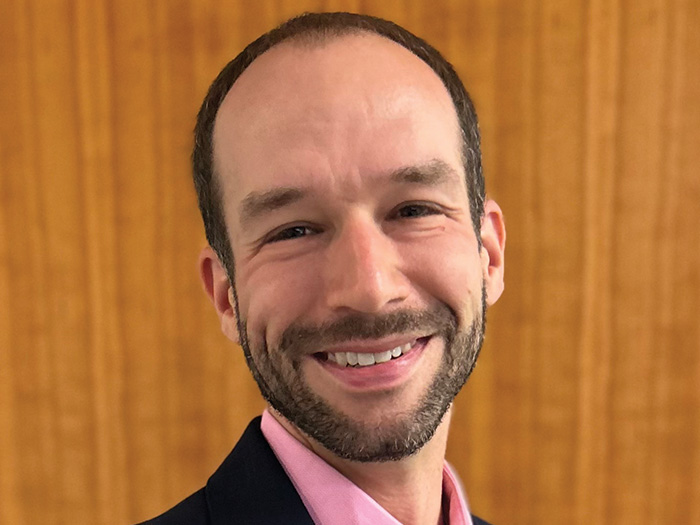Perspective | How a Rocket Scientist Is Using Data to Better Define Wildfire Risk
The rapid and unpredictable pace of change in the risk landscape presents risk management and insurance with one of its biggest challenges: How can we transfer risk if we cannot reliably quantify it?
The frequency and severity of natural catastrophes is skyrocketing and creating disruptions in insurance availability. Catastrophe models and insurance rates based on historical risk data struggle to keep pace with fast-changing climate risk.
Insurers are withdrawing coverage from CAT-exposed areas rather than being “stuck” with inaccurate pricing for the risks they assume.
Witness the headline-grabbing moves by large homeowners insurers to stop writing new California property business in June.
Delos Insurance is one company at the forefront of applying technology to better predict wildfire risk and identify opportunities for property owners to mitigate risk. As a result, the company can respond more quickly to changing circumstances and provide insurance solutions that would otherwise be unaffordable or unavailable.
“The peril itself is fundamentally evolving at a much faster pace than ever before,” Delos CEO Kevin Stein told me.
Delos Insurance relies on powerful algorithms to process huge amounts of data and satellite imagery to predict how wildfire risk is changing, enabling it to underwrite property coverage with greater precision and confidence.
Delos’ scientific approach offers significant promise, especially in wildfire-prone areas like California. The firm’s advanced modeling suggests that about half of the 6 million homes currently struggling to find coverage in the state due to perceived wildfire exposure are, in fact, not at risk. Moreover, Delos maintains that with certain “hardening changes” to a property and its surroundings, many of the remaining 3 million homes that are exposed could be insured profitably.
This transformative approach could well be the game changer the insurance industry needs to adapt to a world where “catastrophes are going to be changing from here on out,” as Stein put it. As risk management professionals, it’s crucial to stay abreast of these advancements, learning how to leverage the power of AI and data science in a rapidly changing catastrophe landscape.
Delos is not just a technology company, but also a managing general agent, using its data-driven insights to provide personal and commercial property insurance in areas general insurers are avoiding. Stein suggests that the specialist MGA structure is ideal for tackling complex and rapidly changing risks like cybersecurity and climate change.
I asked Stein how he views the potential for Predict & Prevent™. He said the insurance industry needs to be open to new solutions, considering the pace of emerging climate-related perils. He urges all stakeholders to embrace innovative approaches to ensure the sustainability of the insurance sector.
I couldn’t agree more.
To learn more about the Delos story, listen to my full conversation with Kevin Stein in Episode 5 of the Predict & Prevent podcast, “Predicting Wildfires, Worker Injury with Better Risk Data.” &










